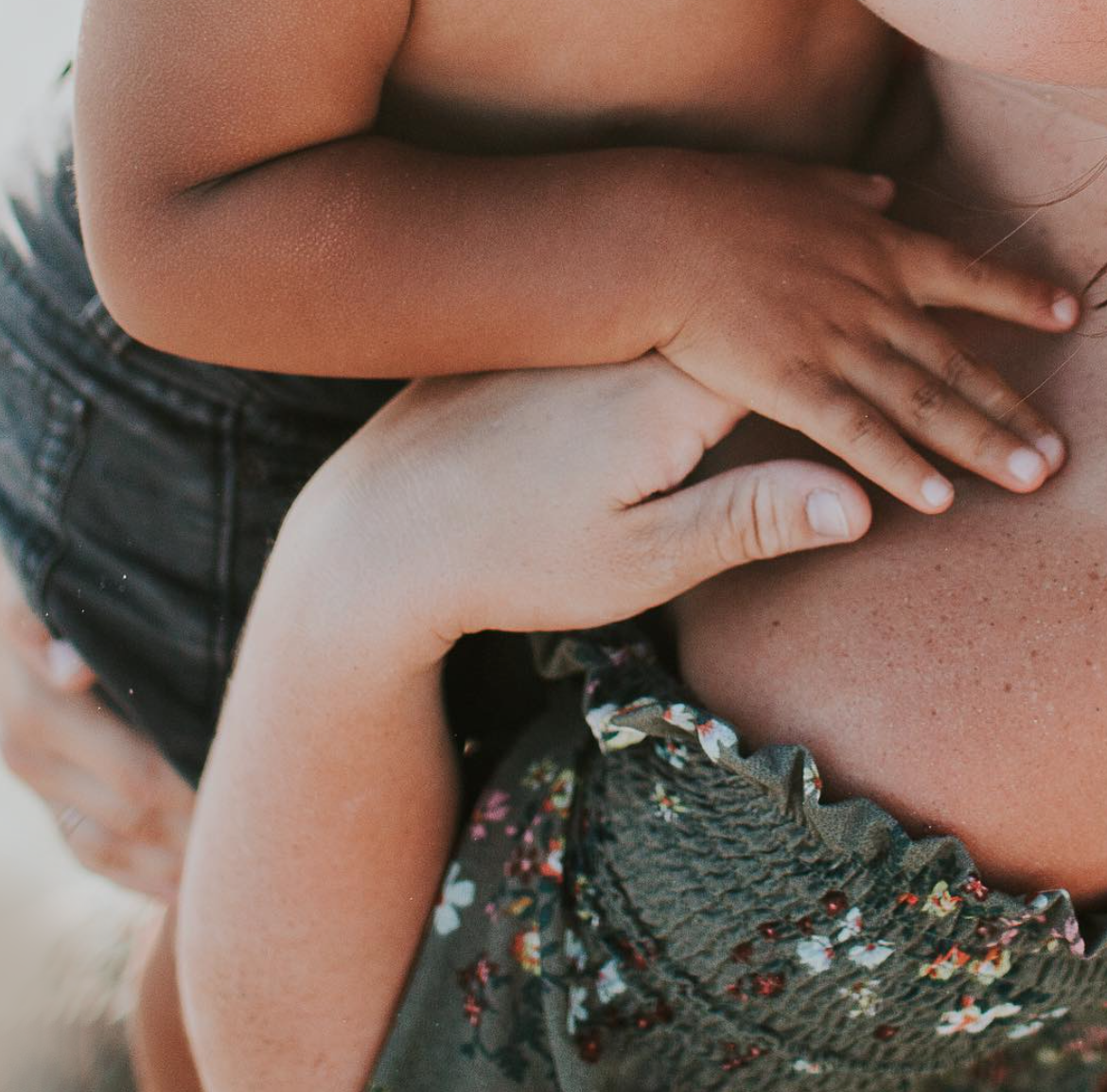There is some deep joy in being called to foster care, and I personally encourage those who feel that nudge to lean into it! But with this special calling comes some difficult territory ahead, and I want to share about that, too. For those who’ve experienced loving children from hard places, you may be informed about the topic of vicarious trauma. For those who are moving forward in their call to foster or adopt, this is something to be keenly aware of. And for all of us, experienced, or brand new, it’s critical that we understand and take the appropriate steps to ensure we’re caring for ourselves in the midst of caring for these precious kids.
Vicarious trauma, or sometimes called “secondary trauma” or “compassion fatigue”, is a common condition that foster parents will experience. Others who are susceptible to this risk are therapists, social workers, first-responders, case workers, and truly anyone who works with populations who’ve experienced severe loss and trauma.
“Vicarious trauma refers to the cumulative transformative effect on the helper of working with survivors of traumatic life events. The truth is that we are all profoundly changed by the work we are doing with survivors of trauma…Simply put, when we open our hearts to hear (or bear) someone’s story of devastation or betrayal, our cherished beliefs are challenged and we are changed…it’s an occupational hazard, an inescapable effect of trauma work.” (Saakvitne, Pearlman)
Foster parents; Have you ever thought of vicarious trauma while fostering as an “occupational hazard”? Have you experienced some of the overwhelm, grief, anger, sadness, emptiness, heart-shattering feelings that your foster children may experience? Do you sometimes feel “burned out” or “fried” or just too tired to care?
Well, you are not alone.
Knowing this risk is an essential part of preparing yourself to not only survive your call as a foster parent or caregiver, but to thrive. Knowing that vicarious trauma is real – and that you’ve most likely experienced it (or will at some point), may help you establish a plan for taking the best care of yourself in order to sustain this valuable and life-changing work.
Below I’ve listed some things that may help you see whether you’re experiencing vicarious trauma. Note that many of these things may affect many people across all experiences. But notice if some of these things have become more apparent or prevalent in your life. According to Laura van Dernoot Lipsky in Trauma Stewardship, here are 16 signs you may be suffering from vicarious/secondary trauma:
- Feeling helpless and/or hopeless
- A sense that one can never do enough / that you should be doing more
- Hypervigilance
- Diminished creativity
- Inability to embrace complexity
- Minimizing
- Chronic exhaustion and physical ailments
- Inability to listen / deliberate avoidance
- Dissociative episodes
- A sense of persecution
- Guilt
- Fear
- Anger and cynicism
- Inability to empathize or numbing
- Addiction
- Intrusive images / stories
If you’ve checked off most or all of them, you might call that being in the ‘red zone’. Which means you need to make some changes and most likely also seek some outside help. If you think you might be experiencing vicarious trauma but you’re still not sure, there are some online self-assessment tools you can utilize. To find out how you’re doing with stress and trauma, you can take these tests: Professional Quality of Life Tool, The Life Stress + Empath Tests all at Compassion Fatigue.
To see how you’re doing with self-compassion and self care, you can go here: Self-Care Assessment and Tools.
The best you can do is acknowledge the risk, find out if you’re suffering (you may already know without the self-assessment tools) and make a self-care plan. Also, it’s so important to reach out for support. If you’re really suffering, please seek the care of a psychotherapist, counselor, or healthcare professional.
Also, self-care is essential.
Self-care is a popular term these days. For better or for worse, when you hear “self-care”, you may envision pretty instagram photos of salt baths with flower petals, or a day at the spa or ornately decorated smoothie bowls. It might even make you roll your eyes a little as you say to yourself “Right! As if I had time for that!” For many of us, especially those who have decided to live a life of compassion and service, we might even feel like ‘self-care’ is actually just another word for self-ish. But I’m here to tell you it’s not. In fact, it’s a vital resource for those of us who are in a position of caring for and loving kids from hard places. I’m convinced that it’s so important, that we must hold it in high priority if we are wanting to love others well. Self-care doesn’t need to be a full spa day or a week vacation, although there may be times that you truly need something like that! Self-care can be implemented into your daily life in small pieces. Finding a few things that nourish your body and soul (and putting them into practice) can make a world of a difference.
A few Ideas on how to protect your soul and seek ongoing healing:
Do some exploring. Maybe you’ve been running on empty so long that you don’t even know what feeds your soul. If that’s the case, be gentle with yourself and find openness to whatever feeds your soul, body, mind. You don’t need to feel overwhelmed at yet another thing on your to-do list. Just pick one or two and start there. A few practical ideas: Get outside for a walk. Find some kind of exercise that makes you feel good. Maybe try yoga – there are many ways to do just a 10 or 20 minute session in your own home! Try some mindfulness breathing and meditation/prayer, which is scientifically proven to reduce stress levels and bring more peace to the mind and body. Make time to spend with a supportive friend. Do something fun. Move your body. Turn on a song and dance or explore moving your body in fun ways like you did when you were a kid. Drink lots of water and find a healthy recipe you can try that tastes amazing and nourishes you. Find a faith or community group that you feel safe to share in. Ask for help. Find support. Allow others to support you when you need it. Take a salt bath – and maybe even add some flower petals! 🙂
All of these ideas in this post are suggestions, and please do what you need to do in order to take the best care of yourself!
We need you healthy and strong to do this incredible work you’ve been called to. May you find the nourishing you need for your body, mind, and soul.
Resources for further reading:
Transforming the Pain : A Workbook on Vicarious Traumatization by Karen W. Saakvitne and Laurie Anne Pearlman
The Body Keeps the Score: Brain, Mind, and Body in the Healing of Trauma by Bessel van der Kolk
Trauma Stewardship by Laura van Dernoot Lipsky
When Compassion Hurts: Burnout, Vicarious Trauma and Secondary Trauma in Prenatal and Early Childhood Service Providers, Published by The Best Start Resource Centre










